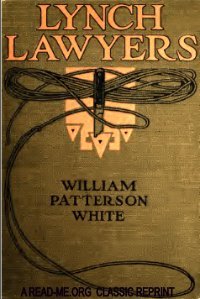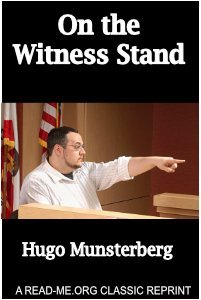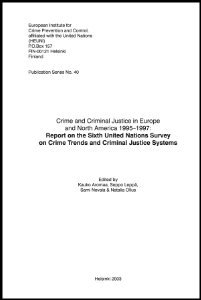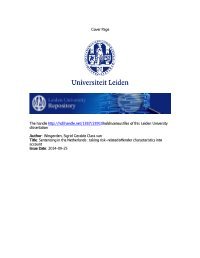By William Godwin
…and Its Influence on Morals and Happiness. 4th ed.. in 2 Volumes. Vol. l. Enquiry Concerning Political Justice and its Influence on Morals and Happiness is a 1793 book by the philosopher William Godwin, in which the author outlines his political philosophy. It is the first modern work to expound anarchism.
London: J. Watson, 1912. 244p.










